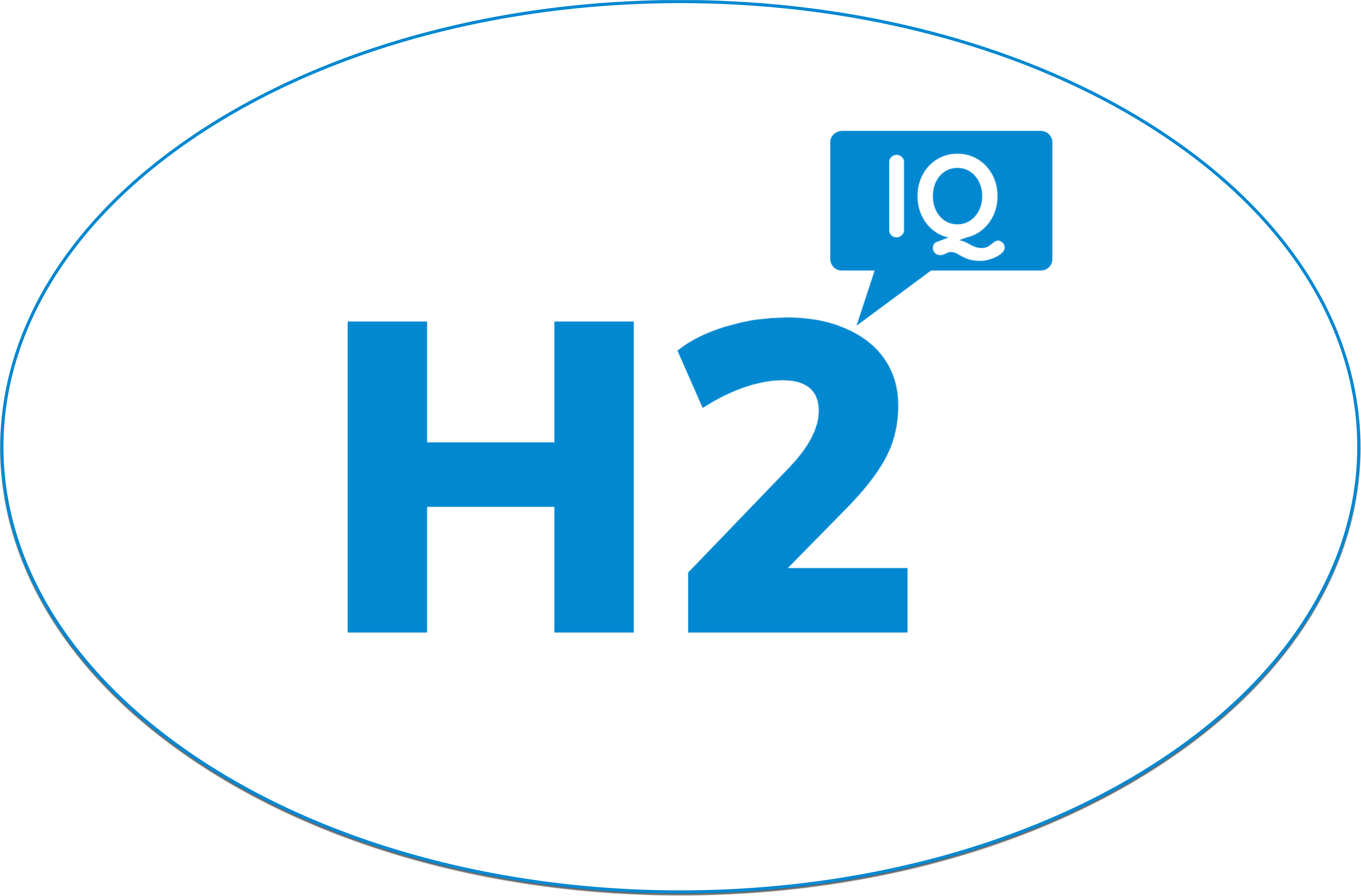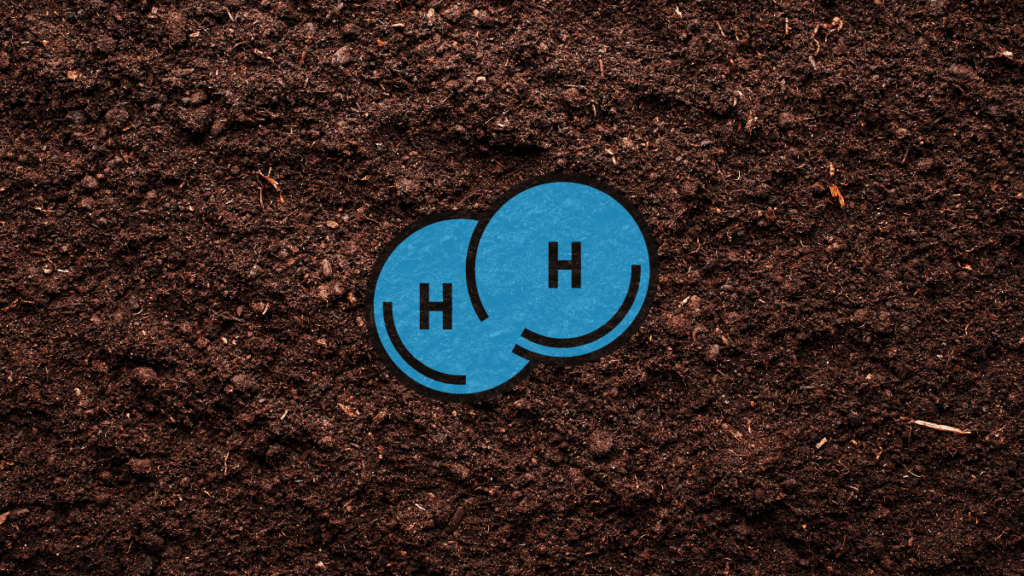
Scientists have isolated an enzyme from soil bacteria that can convert air into electricity, which they say could be developed into a renewable power source for small devices.
The Monash University research, published in the peer-reviewed journal Nature, shows that the enzyme called “Huc” can turn tiny amounts of hydrogen present in the air into an electrical current.
An enzyme is a type of protein that can speed up chemical reaction in cells.
Huc is a “natural battery”, the scientists said, and while their research is in its very early stages, their discovery has the potential to be a low-cost power source for small objects.
“We’ve shown that when we isolate [Huc] in the lab we can put that into an electrical circuit and it produces electricity,” co-lead researcher Rhys Grinter said.
Only very small devices could be powered this way, because there are such low levels of hydrogen in the air — just 0.00005 per cent, he said.
Larger objects would need an external source of hydrogen to add more electrical power.





